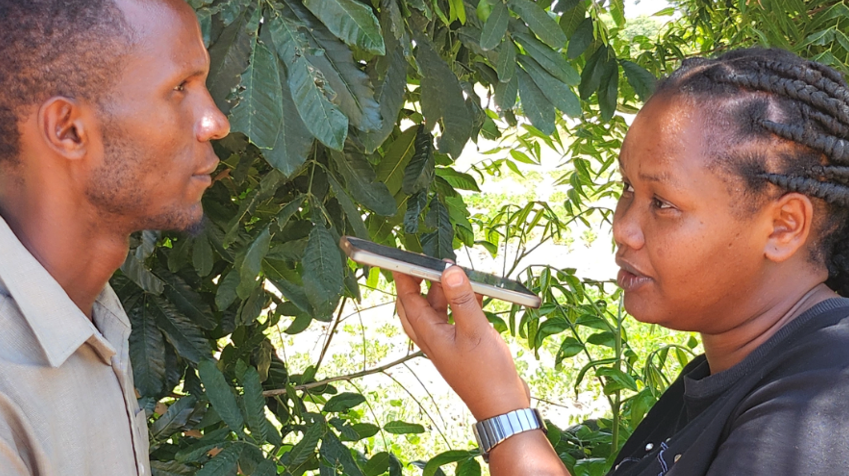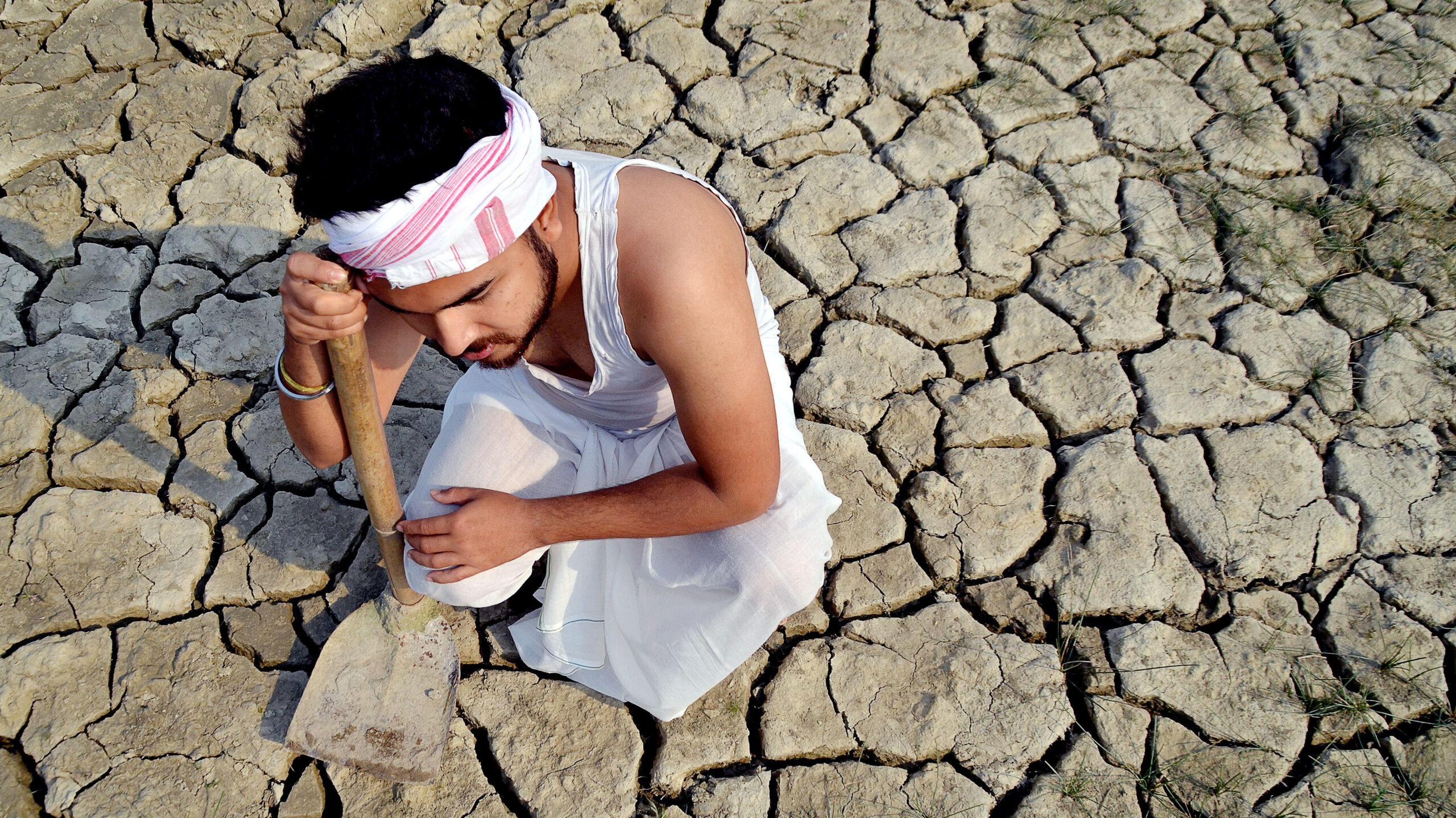The UN Doha climate change negotiations, ending tomorrow (Saturday), have been tough going.
As the bottom drops out of the carbon market, negotiators are locked in dispute about renewing the Kyoto Protocol to reduce carbon emissions (which expires in January), creating a new one, or–what’s looking possible–simply not taking any decisive action at all – a central piece of the puzzle. The agreement made in Cancun last year to decide in Doha about an agricultural work program on climate change technical issues has been ignored, with discussion deferred to June 2013. And while the world’s two leading research organizations on monitoring deforestation managed to come to an agreement about the amount of greenhouse gasses emitted by deforestation globally in a single year, the global numbers were derived from differing regional assessments. Perhaps more importantly the organizations did not try to achieve consensus on changes over time—essential for a successful reduction of emissions from deforestation and forest degradation (REDD) program.
Stymied progress on climate change is a special concern for global food security and anti-poverty advocates. Smallholder farmers in developing countries, who make up the majority of the world’s poor, are already suffering from the effects of the global food, fuel, and financial crises–and are now victim to increasingly common extreme droughts, floods, and natural disasters. And coming their way is an even warmer world, as much as 4 degrees centigrade warmer, according to World Bank estimates. Farmers need information, options, and solutions.
I was in Doha for the past week, delivering short notes that sum up what climate and crop yield changes policymakers in each of 29 African countries can expect in the coming 40 years, and reporting on the results from the report on food security and climate change from the UN Committee on Food Security, for which I led the writing team. The Africa research, produced in collaboration with scientists from the countries studied, is based on scenarios from economic global climate change models, ranging from pessimistic to optimistic, and also takes into account estimates of each country’s economic and population growth. The notes are excerpted from a series of IFPRI monographs presenting comprehensive agriculture and climate change analysis for East, West, and Southern Africa, forthcoming in 2013.
Not surprisingly, most of model results for agricultural productivity in a warmer world are generally grim – although there are winning and losing crops.
In Madagascar, for example, where slash-and-burn farming techniques degrade the environment and cyclones have affected more than a million people, the expected temperature rise (between 0.5 and 3 degrees centigrade) and reduction in rainfall could mean more disease and lower yields for cassava, a staple crop. But warmer temperatures may open up new areas for rice production, and—as long as it’s irrigated—yields could more than double between 2010 and 2050. The trouble is—as with many of the countries studied—keeping up with the demand, which is constantly growing along with the population.
In general, my colleagues recommend that their national policymakers support agricultural research and extension services to collect and distribute better data, and fund research for developing new, more productive and resilient crop varieties. But the recommendations also get very specific for each country, including funding family planning programs, investing in education, promoting non-agriculture employment, implementing land reform, and promoting “tree tenure” to encourage tree planting and stewardship.
As the negotiations wrap up, these are actions that individual policymakers can take, regardless of progress, or lack thereof, on the world stage. It is time for the rest of us to get on with the business of dealing with a warmer world.







